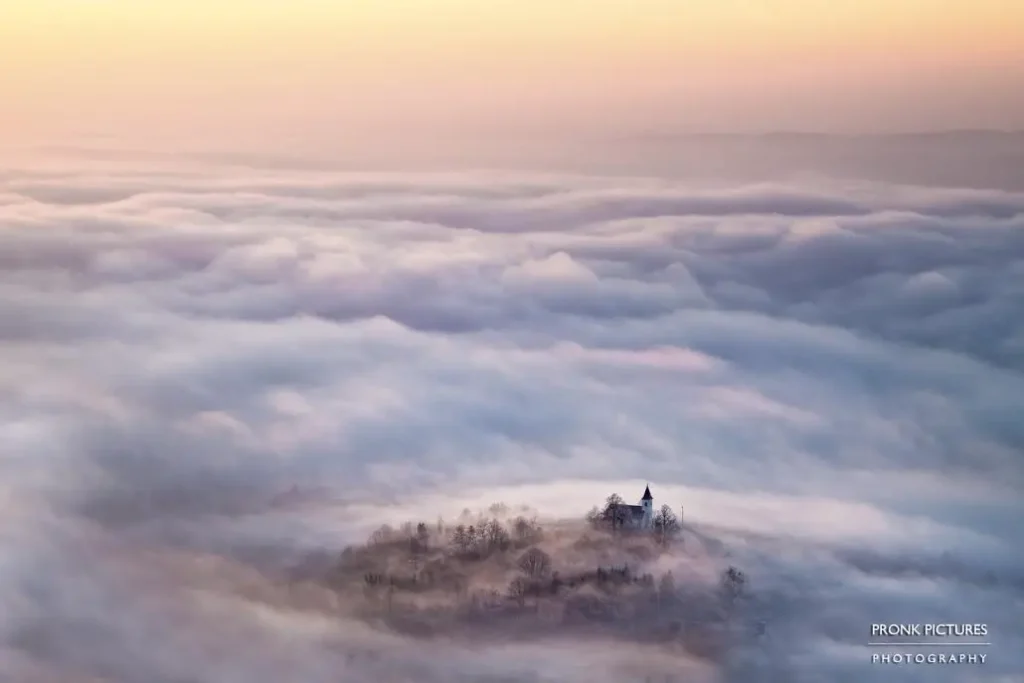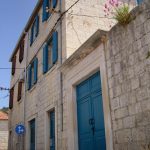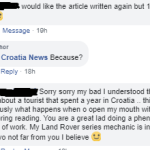The longer I live here, the more I begin to understand things (although it would take a foreigner ten lifetimes to completely understand all the quirks of living in Croatia). Once I came out of my happy Hvar tourism bubble and figured out more or less how Croatia works, I could better understand why locals were so skeptical of enthusiastic foreigners talking about Croatia as the best place to live. Easy to say if you are living on the coast with access to Daddy’s credit card, with no understanding of the daily grind people go through here to survive.
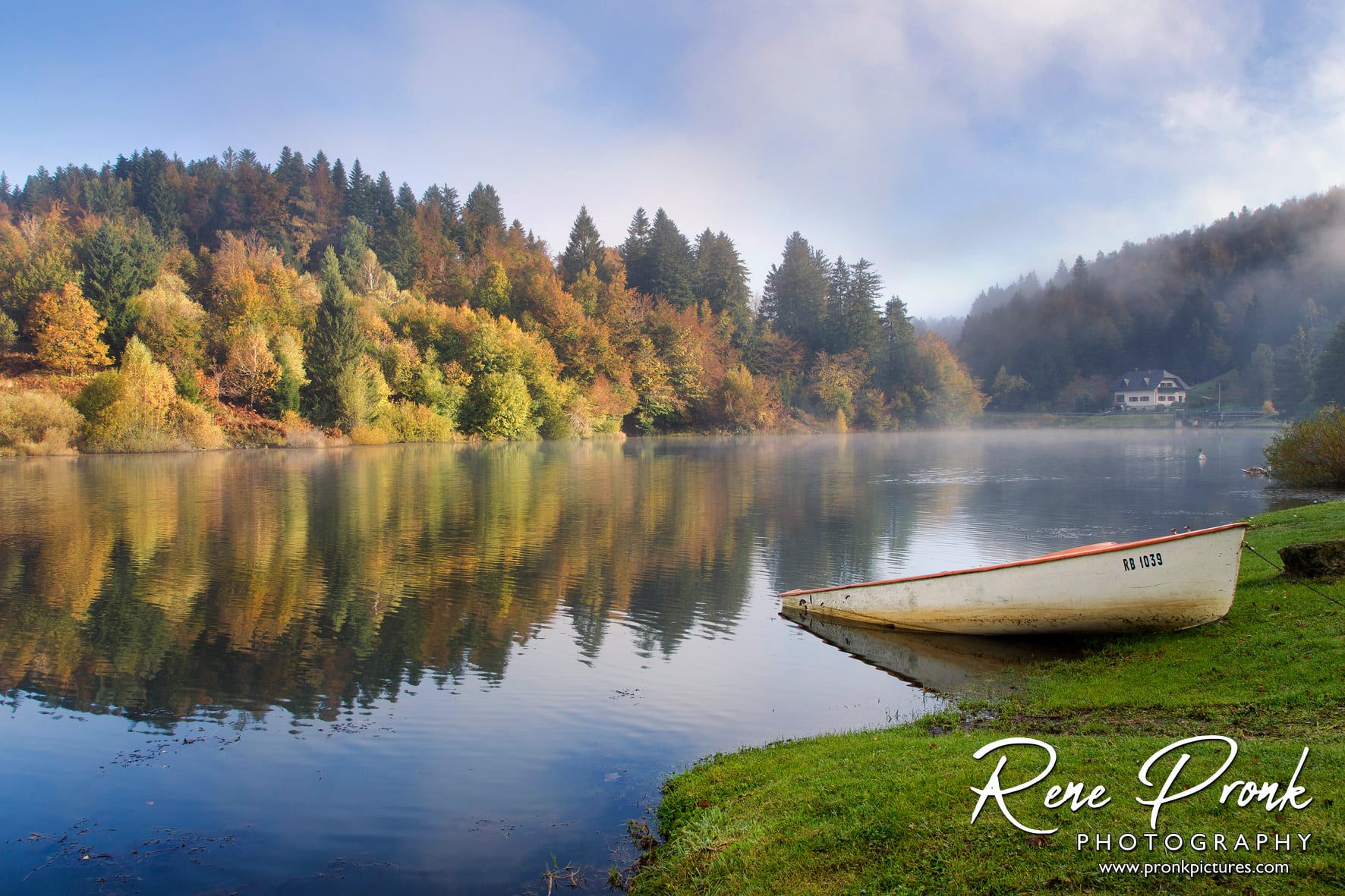
The majority of foreigners simply do not get even close to the true Croatian experience, and many are often surprised that so many young Croats are emigrating. It took me about 15 years living here until I fully grasped the true picture of the realities of living in Croatia. Which might seem a long time, but it probably not, and not that many foreigners stick around that long to figure things out. As I wrote a couple of years ago, there are 3 Stages of Learning for Foreigners in Croatia: Love, Hate & Nirvana.
The standard response to a foreigner talking positively about living in Croatia is almost always dismissive. It is easy to enjoy life in Croatia if you have millions, or there must be a suspicious reason why the foreigner has chosen to live here when all are emigrating – clearly they are running from something back home.
I am genuinely in awe of the creativity of all the theories I have read about my status here in Croatia, and the reasons for me moving here and deciding to stay. Apparently I am retired and independently weatlhy, was forced to leave the UK, and I run at least 8 of the major intelligence agencies including the CIA, FSB and Mossad.
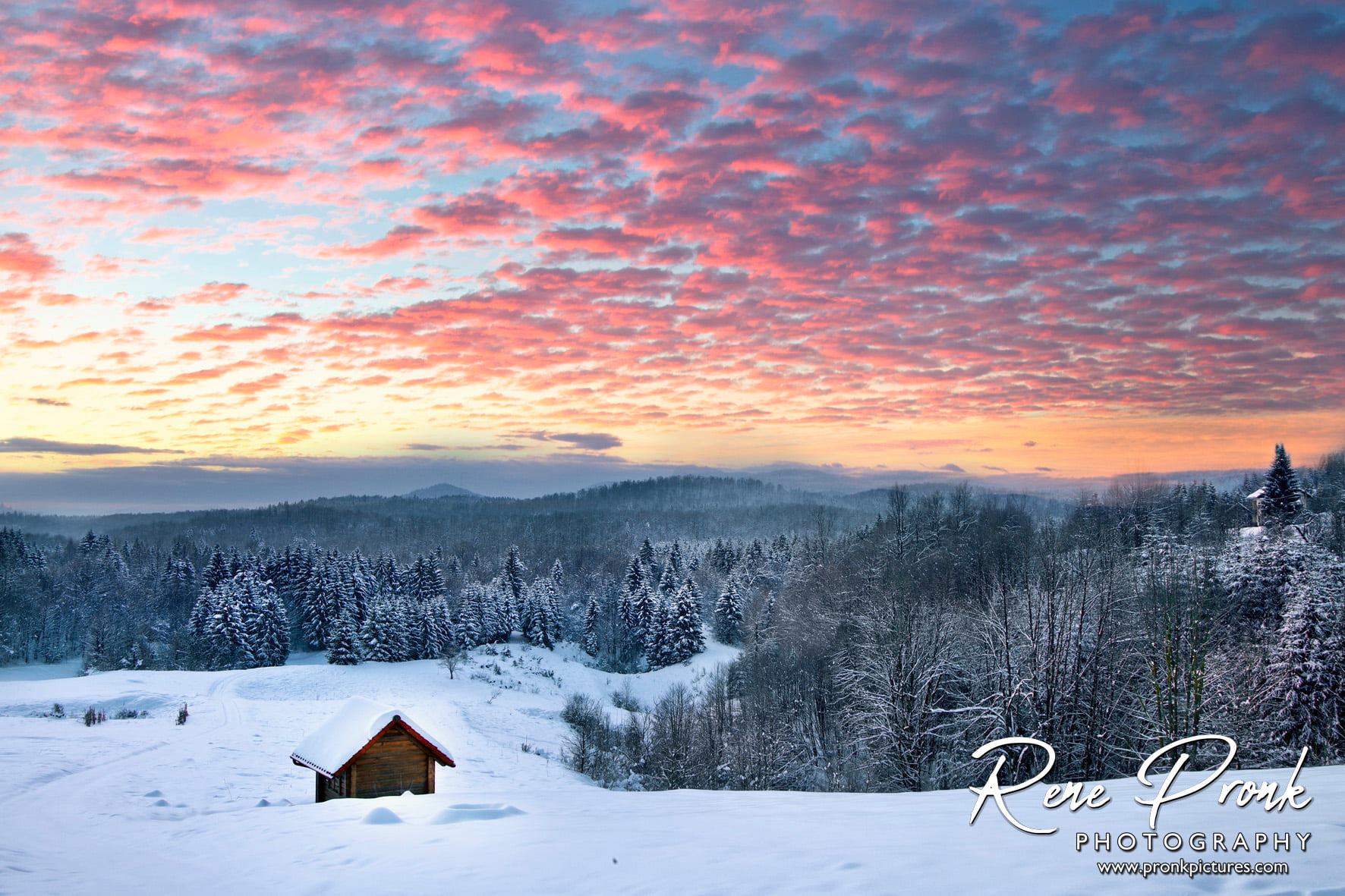
The possibility that I decided to leave my own country for a different experience, buy a house on one of the world’s most beautiful islands as a base, then meet my future wife on that island and decide to live and work in a country with an incredible lifestyle, start my own business and work harder than I ever had before to support that lifestyle, is simply impossible.
For it doesn’t fit the narrative many people have framed about living in Croatia.
A couple of days ago, I did an article about a Dutchman who has lived in rural Croatia for almost 8 years with his family. Although I have yet to meet Rene Pronk in person, he sounds like one of the most contented people in this country, and his article 20 Reasons Why Croatia is the Best Place for Living gave some insights into why he is such a happy man.
It didn’t take long for the reaction to come.
Was Rene running away from something back home? Was he fabulously wealthy and could live independently forever? What were his suspicious motives for moving to Croatia?
I decided to ask him.
This was his reply.
During the civil war in Croatia I was able to visit the country a few times. At that time I was working for a humanitarian relief organisation and we organized regular transports of goods bound for Zagreb. That was way back in the early nineties.
It wasn’t until 2003 that I had the possibility to go back to Croatia. I had purchased myself a small mobile home (caravan) and I decided to cruise the countryside of Slavonia. In expectancy of finding a campsite, I quickly got disillusioned. I ended up in a little village called Cigoc the European stork village. I was introduced to Bosnian families who fled the terror of war in their own land. They told me about their dream to build an old traditional wooden guest house. I helped them write their business plan and started to collect micro credits for this project. In 2008 the place called Tradicije Cigoc was opened and it became one of the first successful rural tourist attractions in continental Croatia. Ever since that time I fell in love with this country. In spite of all the problems with bureaucracy and some jealous people in that village, a dream was born in my heart.
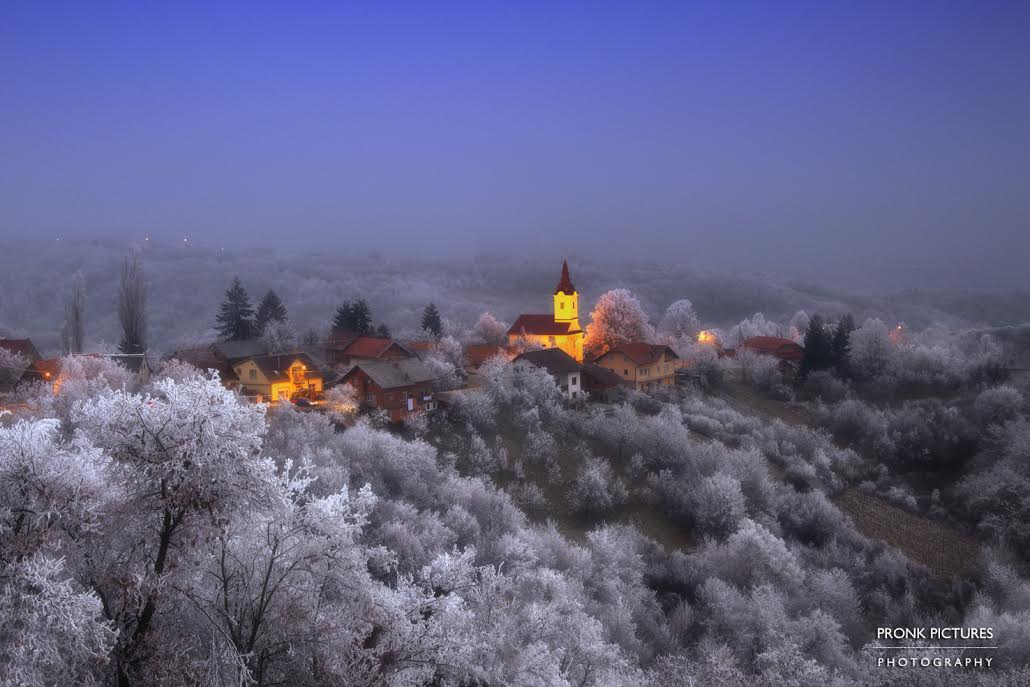
When I got married in 2011 with my wife Helga we started to talk about a future abroad. My wife lived in many countries all around the globe and has a degree in the Russian and German language. She works as a translator and an online teacher. I wanted to develop myself more and more as a photographer. My wife had a preference to move to Ukraine but a war broke out in 2012 so we decided we would move to Croatia. We both had savings and sold our house in Germany, where we lived in those days. We could live a couple of years from our reserves.
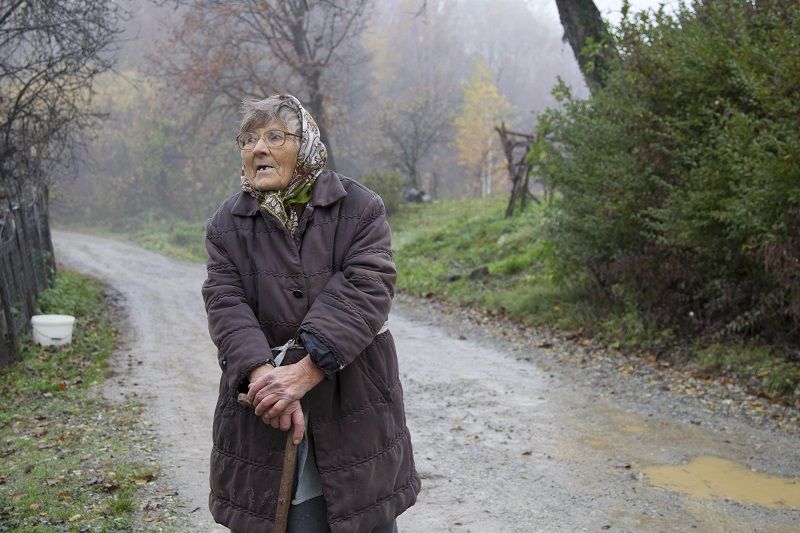
Our ambition has always been to provide for our own income. I started working as a photographer and my wife as a translator and teacher. We also tried a souvenir shop in Slunj and cooperate with several hotels and National Parks that sell my photo souvenirs. We also started a humanitarian relief foundation that is focused on helping the isolated elderly people in Croatia (you can read this TCN feature story from a few years ago – Who Helps Croatia’s Lonely, Isolated Old People? Meet Proplan from Holland.
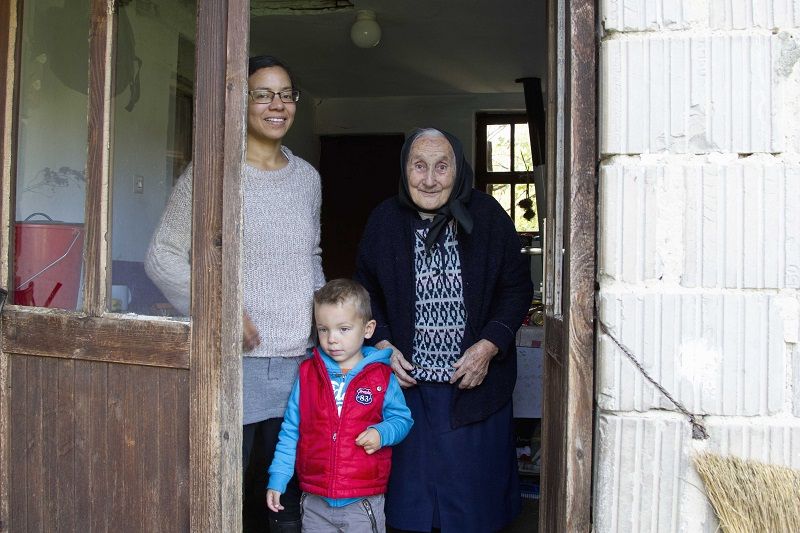
(Rene’s wife and son visiting the isolated elderly in 2017)
We rent a holiday house in Samobor that we are now putting for sale. For four years we tried to develop a village tourism project in a lovely little village in the Zumberak Nature Park. Four years ago we came to the conclusion this would cost us another 20 years before all paperwork was realized so we sold that place and moved to Bosiljevo. Slowly but surely I am working here on accommodation for guests and a place for lectures and workshops.
This is where we live now and where I run my art gallery.
I know the common complaint of many Croats is that foreigner owns more money and for them, life is easier. I worked hard all my life and haven’t slowed down. We earn less money than in Holland but have a much better and fulfilled life here. We came across many obstacles in this country and dealt with bureaucracy, jealousy and corruption. But we still love to live here. If you want I can write you how I deal with the negativity default in this country. There is a vaccine for the negativity virus and those who train themselves become immune for this virus.
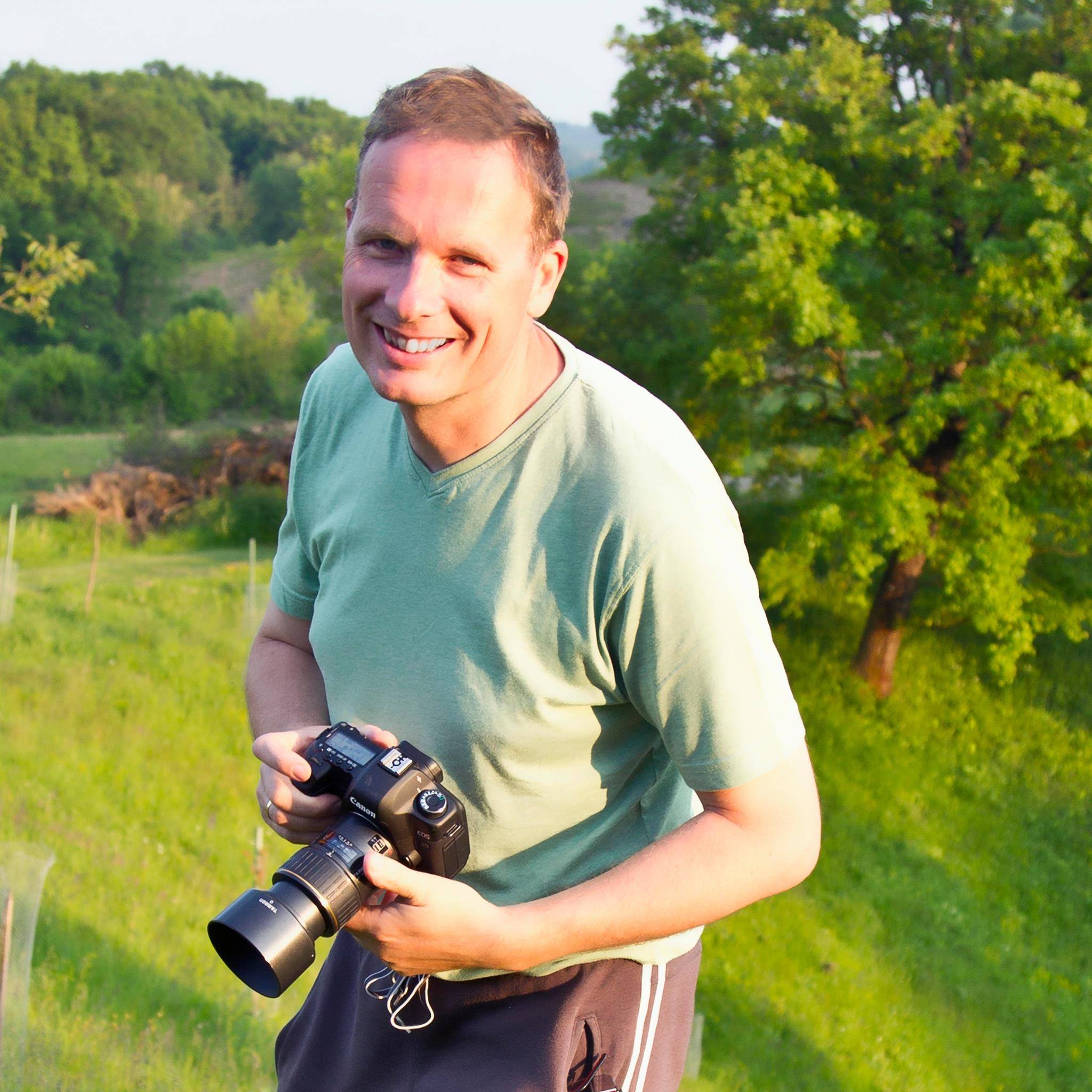
A vaccine against Croatian negativity, that sounds fantastic. As does living in Croatia, working hard with and for the community, and enjoying the fabulous Croatian lifestyle. It may sound impossible to believe, but I can confirm that – despite its MANY problems – living in Croatia, for all the reasons Rene described and more, really is better than most places. And if we could roll out Rene’s vaccine and inject a little more positivity, it would be even better still.
You can learn more about Rene and his life here from this TCN interview a few years ago – From the Netherlands to Nature Park Žumberak: Meet Humanitarian and Photographer René Pronk.
You can learn more about Rene’s work and offer on his Pronk Pictures website.
Injecting Positivity into the Default Negative Croatian Mindset

